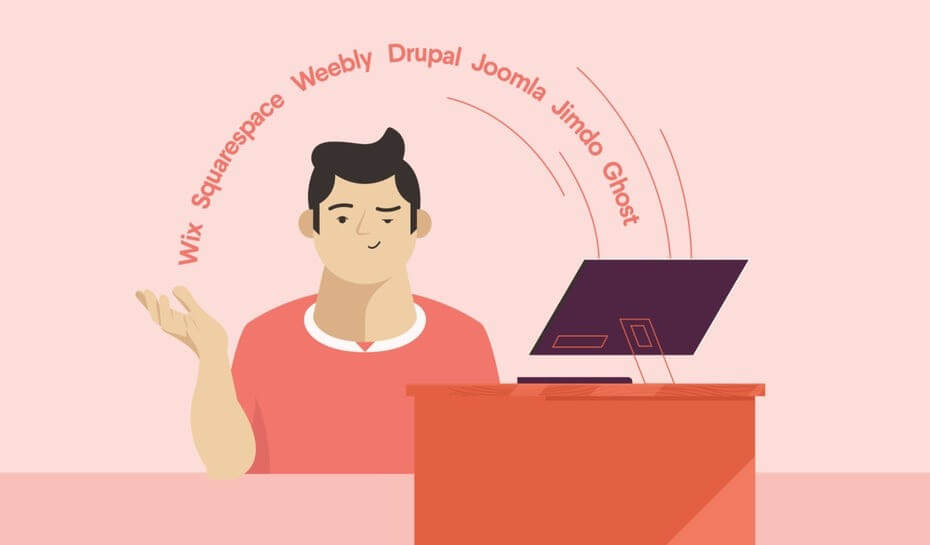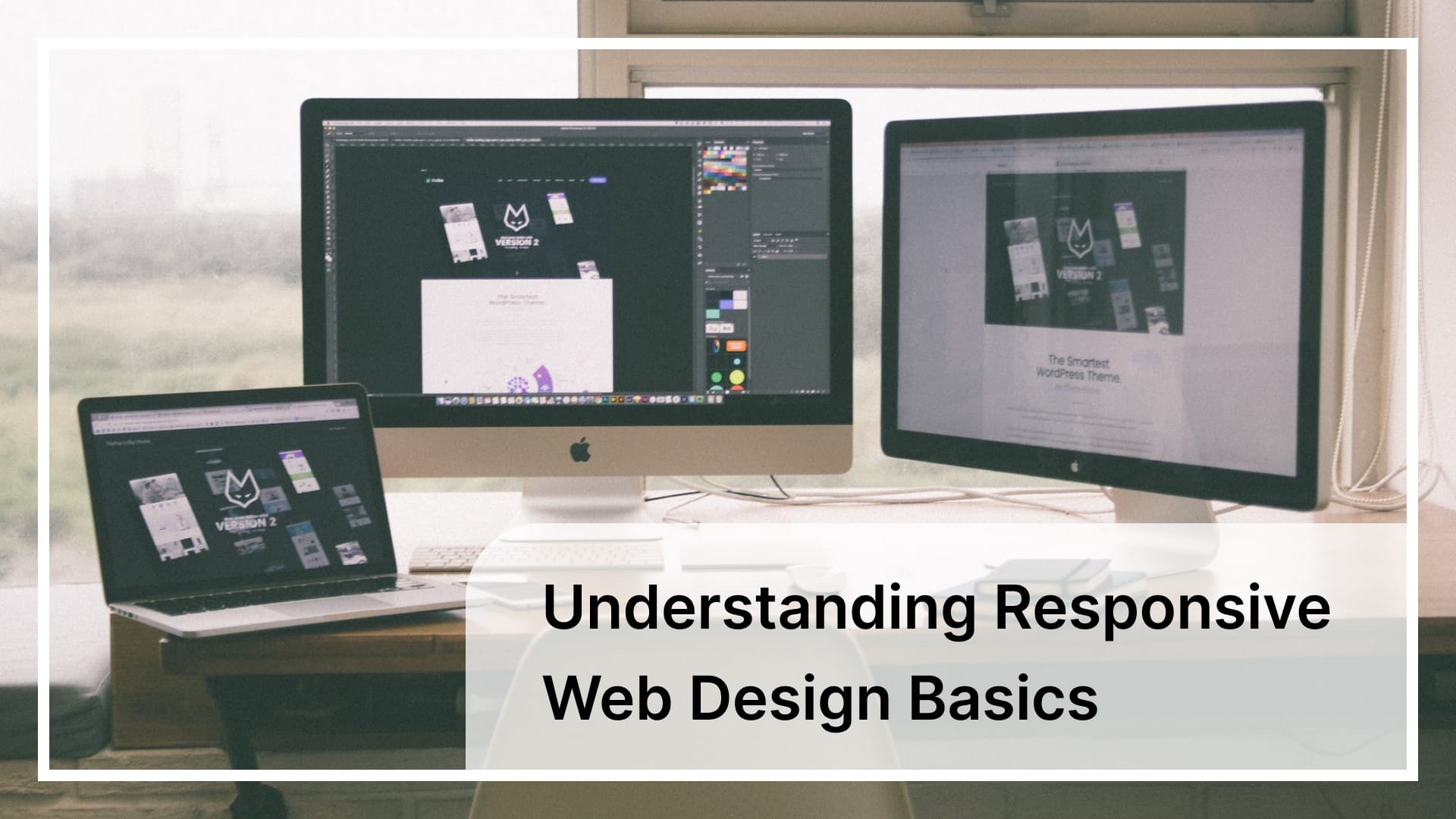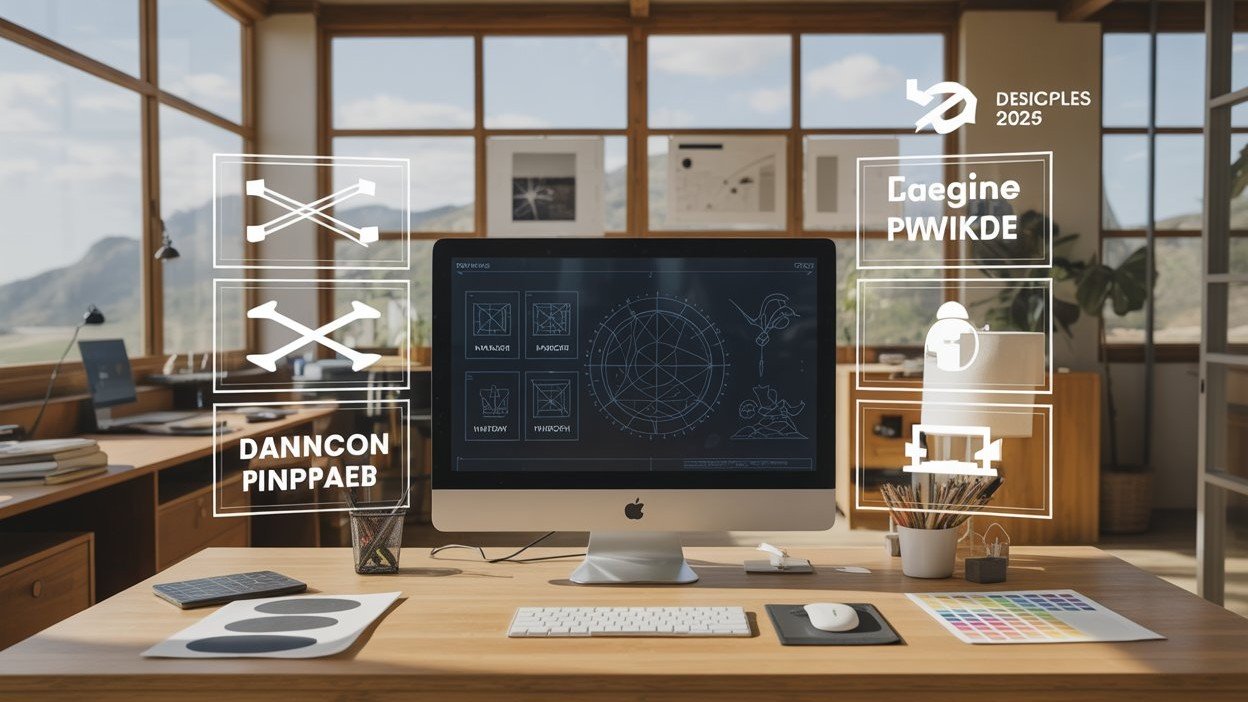
7 WordPress alternatives for building your website
WordPress powers an astonishing 39.6% of websites in 2021, up nearly 5% from 2020, which begs the question… what WordPress alternatives are powering the other 60.4%??
WordPress may be the most popular CMS (content management system), but that doesn’t mean it’s right for everyone. WordPress caters to a specific combination of DIY customization and convenience, but if you personally fall outside that audience—say you want less customization and more convenience—then you’ll probably be more interested in the alternatives to WordPress.
This guide spares you from sifting through all the WordPress alternatives one by one. We present the 7 best alternatives to WordPress, with each one including the pros and cons, pricing, and whom they’re recommended for.

What are the best WordPress alternatives?
- Wix: Known for its drag-and-drop interface, Wix offers a user-friendly website builder with customizable templates and a wide range of features for businesses and individuals.
- Squarespace: Squarespace provides elegant templates and an intuitive website builder, suitable for creating visually stunning websites with built-in e-commerce capabilities.
- Weebly: Weebly offers an easy-to-use drag-and-drop website builder, suitable for beginners, with customizable templates and features like e-commerce integration.
- Drupal: Drupal is a powerful content management system (CMS) known for its flexibility and scalability, making it ideal for building complex and customizable websites for businesses and organizations.
- Joomla: Joomla is another open-source CMS with robust features and a large community of developers, suitable for creating websites ranging from simple blogs to complex web applications.
- Jimdo: Jimdo offers a simple website builder with customizable templates and e-commerce functionality, making it suitable for small businesses and individuals looking to establish an online presence.
- Ghost: Ghost is a modern CMS focused on publishing and blogging, offering a minimalist interface and powerful features tailored for content creators and publishers.
Summarize the key points of each platform. Encourage readers to assess their specific needs and priorities when choosing a website builder. Reiterate the importance of finding the right fit for their project goals and technical proficiency.






